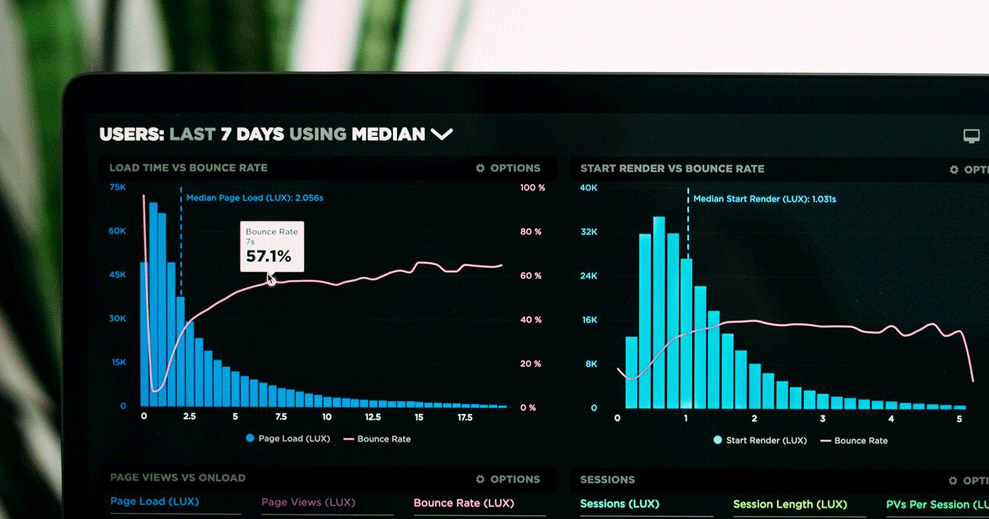
Measuring the Success of Your Digital Campaign
Set up your digital campaign for success from start to finish.
So, you’ve decided to set up a digital marketing program to for your organization. You’ve created a plan, budget and schedule, and find a challenge ahead of you:
How will you measure the success of your digital campaign?
It’s important to keep track of your campaign’s successes and metrics to ensure that you know that your hard work has paid off. It can also help drive insight for strategic decisions that will make you stronger. Luckily, it’s easier and more budget-friendly than ever to measure your campaign’s success.
Unlike costly market research tactics and lack of direct market analysis associated with print advertising, embarking on a digital campaign gives you access to a whole world of data that can help inform your strategy, provide insight into your audience habits and target your desired consumers.
At PCI, we take great pride in delivering creative, well-executed digital programs that maximize budget efficiency, striving to exceed expectations and get the most out of a campaign. As digital marketers, we place a strong emphasis on measuring our campaigns in a way that ensures that we can reach the audience that you want, every time.

Before you get started, here are a couple of things to keep in mind.
Benchmark Your Data
Before embarking on your campaign, take some time to explore your digital channels, analytics and past campaigns. This will help you to determine your starting point and where you want to go. If you don’t have past campaign data, use industry standards, available in a quick search.
Monitor Day-By-Day
Monitoring your campaign each day enables you to ensure that the campaign delivers results and to rethink your strategy if it isn’t delivering the results that you’re looking for.
What Metrics Should You Track?
So, what exactly should you be tracking? Here’s a breakdown and glossary of terms.

Social Media
Top performing posts: the posts that have had the most likes, interactions, shares and impressions in a given timeframe.
Number of followers: how many people follow you on your social media channels.
Total engagements: the number of people that interacted with your post in some way (liked, commented, shared, etc).
Engagement rate: how actively involved with your content the audience is.
Audience impressions and reach: the total number of times your content is displayed and how many people see it.

Website
Top performing keywords: words or phrases that have driven the most traffic to your channels.
Number of website users: how many unique visitors went to your site.
Number of sessions: total number of visits to your site — including both new and repeat visits.
Sessions by acquisition channel: percentage breakdown of how much each channel contributed to your website traffic
Bounce rate: percentage of users who visit the site then leave without continuing on to other pages.
Conversion rate: the percentage of website visitors that complete a desired action i.e. making a purchase or filling out a contact form.

Email Marketing
Open rate: the amount of people that have opened your email.
Click-through rate: the percentage of opens that resulted in a click.
Click-to-open rate: the amount of people that clicked on a link after opening your email.
Bounce rate: the number of email addresses that were undeliverable, likely due to the address not existing, typos or firewalls.
Unsubscribe rate: the number of people who opt-out of receiving your emails.
The importance of data in today’s digital landscape can’t be overstated. It not only helps to quantify the results but also helps you get to know your audience and how to best reach them. Company leaders also look for specific quantifiable results when evaluating the success of a campaign.
Ready to get started? Our digital experts can help. Just shoot us an email at lets_talk@pcipr.com.


